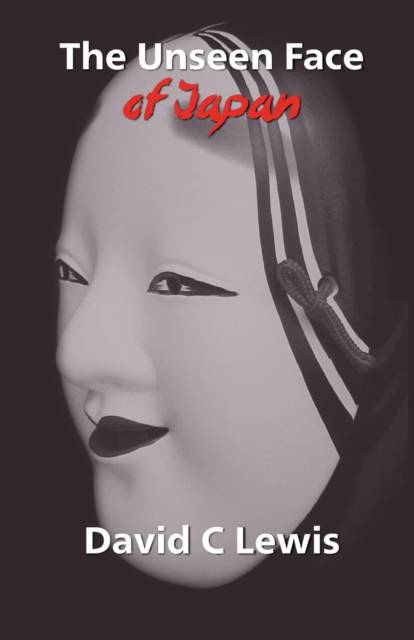
- Afhalen na 1 uur in een winkel met voorraad
- Gratis thuislevering in België vanaf € 30
- Ruim aanbod met 7 miljoen producten
- Afhalen na 1 uur in een winkel met voorraad
- Gratis thuislevering in België vanaf € 30
- Ruim aanbod met 7 miljoen producten
Zoeken
Omschrijving
The things which are right in front of us can often be the things which are most hidden. In Japan, the word omote means 'face'. But it also means 'mask' - something that a person uses to hide an inner reality. Face-value questions - 'Are the Japanese religious?' 'What do they believe?' - produce face-value answers. We need to delve deeper. This book explores the motivations behind why Japanese people act in a 'religious' way, based on what ordinary people say about their attitudes and experiences. In the process it also uncovers core values within Japanese culture. By understanding these motivations and values, we discover that the Son of Man came not to destroy Japanese culture but to fulfil it. This fully revised and updated edition includes data from the latest surveys of Japanese attitudes, church statistics, and the most recent research into Japanese society and religion.
Specificaties
Betrokkenen
- Auteur(s):
- Uitgeverij:
Inhoud
- Aantal bladzijden:
- 432
- Taal:
- Engels
Eigenschappen
- Productcode (EAN):
- 9781908860033
- Verschijningsdatum:
- 1/06/2013
- Uitvoering:
- Paperback
- Formaat:
- Trade paperback (VS)
- Afmetingen:
- 140 mm x 216 mm
- Gewicht:
- 494 g

Alleen bij Standaard Boekhandel
+ 61 punten op je klantenkaart van Standaard Boekhandel
Beoordelingen
We publiceren alleen reviews die voldoen aan de voorwaarden voor reviews. Bekijk onze voorwaarden voor reviews.











